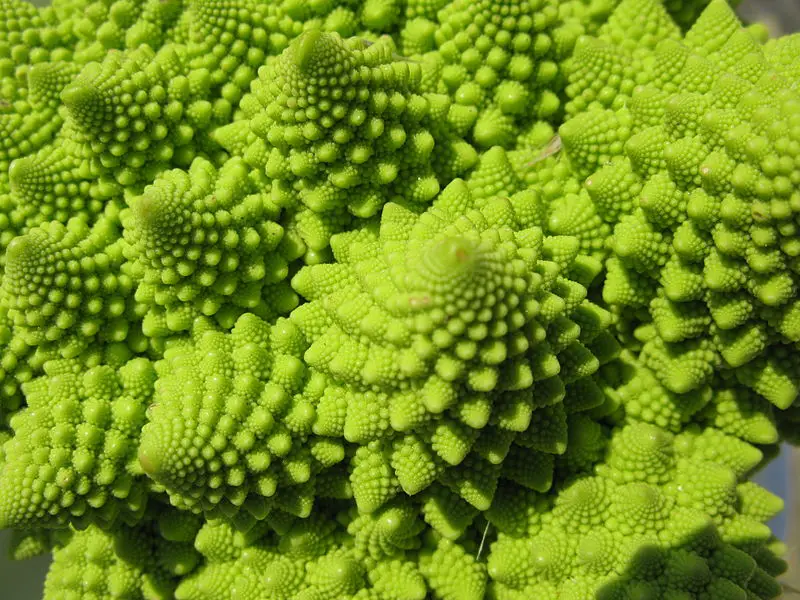Jonathan Dodd‘s latest column. Guest opinion articles do not necessarily reflect the views of the publication. Ed
I don’t know about you, but sometimes I’m completely knocked out by the astonishing complexity of it all. And the layers of stuff there are even in the most simple of things.
I remember at school being told that we don’t know what light is. At that time they were discussing earnestly whether light was waves or not. I don’t remember the rest of the lesson, because I immediately went off on one of my daydreams. I got the idea that light is only energy, and not something that you can actually weigh or put somewhere. I understood in a completely ignorant way that light isn’t something at all, just some sort of radiation.
We have some nerve endings that notice some of them
So there are radio waves and light waves and all sorts of other waves that are spraying about everywhere and we have some nerve endings that notice some of them. At the back of the inside of our eyes. Whenever they detect certain waves they send an electrical message via the optical nerves to somewhere in our brains, and in there those electrical messages are interpreted as a three-dimensional picture. Once we work this out, pretty much instantaneously, we manage not to fall over the settee.
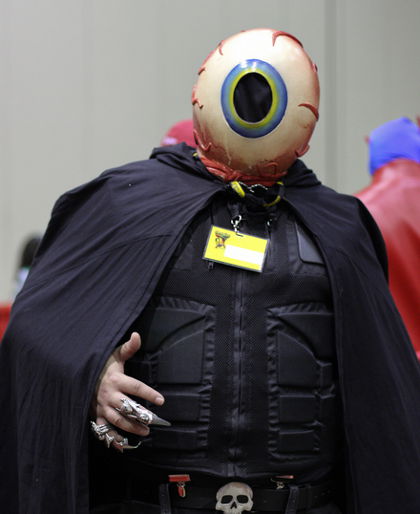
That was the moment when I realised that you can shine a light pretty much for ever inside a box, and that box never fills up so it can’t take any more. The light’s sort of just there, even though it isn’t. So if you hide your light under a bushel it’s never going to let you know that it’s there, unless you fall over the bushel in the dark.
It doesn’t matter, because we weren’t there
That begs the question of how we make that light. If it’s a candle, or one of those old-fashioned light bulbs that make light by heating up metal, the heat has to go somewhere, or the container gets hotter and hotter, until presumably it starts burning or breaks through overheating. So if your bulb blows inside the box, you’ll never know.
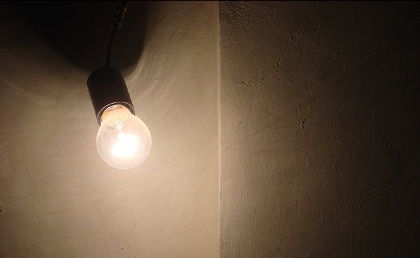
At that point I realised that heat obviously isn’t the same as light. I also wondered what sort of person would pay for the electricity for the light to stay on inside a box for ever.
Then I wondered how we know that the light stays on even if we’re not looking at it, like the tree falling without sound in the forest because there’s nobody to hear its fall. It doesn’t matter, because we weren’t there. What does matter is that a falling tree should make a noise, so we can get out of its way.
It’s just buffeting of the air
Sound. There’s something else that doesn’t exist. It’s just buffeting of the air, which makes our eardrums vibrate, and that gets turned into electrical messages like light, and we work out what it means by checking our extensive audio records to see if it’s familiar. I don’t know how that happens, but it does.
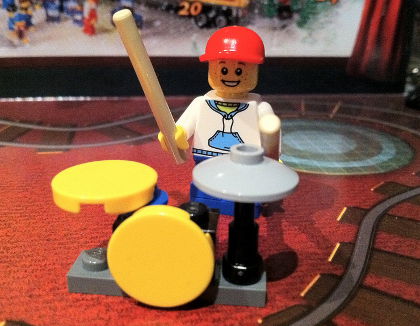
Then again, we always talk about the ground as if it’s solid. What we’ve got on this planet is a large ball of stone that’s so hot that it has melted. At the surface it forms a very thin skin where the hot stone meets the cold air, and this skin is what we think of as the solid earth. Don’t be fooled just because digging is hard work. It’s hot down there, not very far, and it’s wet, but not as we know it.
Like serving your rice pudding
All these earthquakes and tsunamis are caused by the thin skin breaking up and moving around, like serving your rice pudding or stirring your hot chocolate. Some of the hot wet stuff leaks through the tear in the skin onto the surface. Rather like blood when you cut yourself.
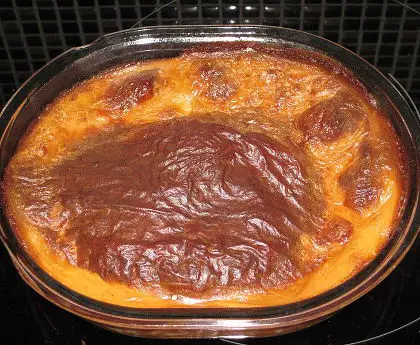
The same chemistry teacher who failed to explain light to me in a way that I could retain said something else. He was talking about atoms. They’ve all got a nucleus at the centre, and electrons whizzing round these nuclei at terrific speeds and distances – relatively. He asked us to imagine that the lab we were sitting in was the nucleus of an atom. This was in Sussex. He told us that the nearest electron would pass through Paris, and that everything in between was just space.
Everything is actually made up of nothing
That made me think too, so I missed the rest of his lesson again. These atoms are much farther away from each other than the distance between the nucleus and the electron. So I realised that everything is actually made up of nothing, or so small an amount of something that you couldn’t measure it. A bit like Space, and our sun with our planets whizzing round it. All that space and so little stuff in it.
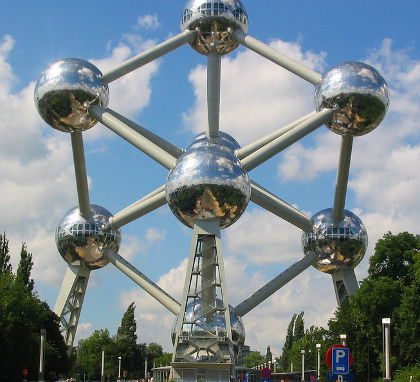
I could go on about colour just being wavelengths of light, and taste just being chemicals detected by specific taste bud nerves, and so on, but I think you’ve got my gist by now.
Capable of creating a universe
Some people might be daunted by all this. But I just think everything is so improbable when you find out about it that it seems miraculous and ridiculous, and I’m capable of being amazed and delighted by almost anything within reach of those nerve endings I possess, and I’m very glad that I have a brain that’s capable of creating a universe around me that patently doesn’t even exist.
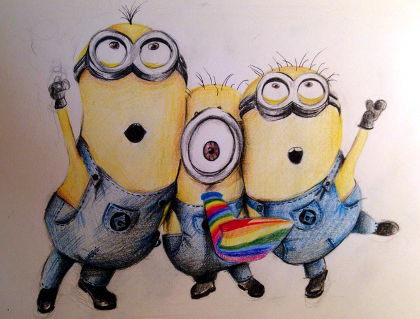
And yet it does. How fantastic is that?
If you have been, thank you for reading this.
Image: Jacopo Werther under CC BY 2.0
Image: Aloha75 under CC BY 2.0
Image: adam_sporka under CC BY 2.0
Image: jabneyhastings under CC BY 2.0
Image: Duncan Harris under CC BY 2.0
Image: mikecattell under CC BY 2.0
Image: christinepexin under CC BY 2.0

